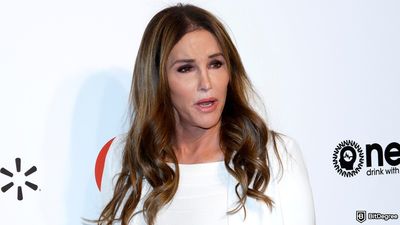On February 13, The European Parliament's committees gave the nod to the world's first legislation focusing on artificial intelligence (AI), marking a significant milestone in regulating AI technologies.
Central to this regulatory effort is the oversight of generative AI technologies, like OpenAI's ChatGPT, which have spurred both innovation and ethical concerns.

Did you know?
Want to get smarter & wealthier with crypto?
Subscribe - We publish new crypto explainer videos every week!
What is Ethereum Classic & ETC Coin? (Animated Explainer)


The provisional agreement on the AI Act, ratified by a 71-8 vote within the Internal Market and Civil Liberties Committees, aims to carve out a comprehensive regulatory framework for AI application across different influenced industries.
The AI Act's guidelines intend to protect copyright holders and prevent AI uses that could infringe upon citizens' freedoms, including practices such as biometric identification systems or social scoring.
As the EU prepares to finalize the AI Act for parliamentary approval, a balance is struck between supporting technological advancement and ensuring ethical compliance.
However, not everyone is in support of the Act. In 2023, an open letter to the EU AI Act negotiators, signed by various organizations and individuals, cautioned against stifling innovation through excessive regulation.
The European Commission's response includes plans for an AI Office to oversee key AI models and initiatives to bolster local AI capabilities, showcasing a dual commitment to innovation and responsible governance.
With the European Parliament set to vote on the AI Act in the coming months, the EU stands on the brink of establishing a precedent for AI regulation worldwide.
Expected to be implemented two years post-approval, this legislation could shape the future of AI development and deployment across the EU and beyond, balancing the scales between innovation and individual rights.
In other AI-related news, Microsoft Research and Peking University scientists are trying to enable ChatGPT to operate within an OS.





















